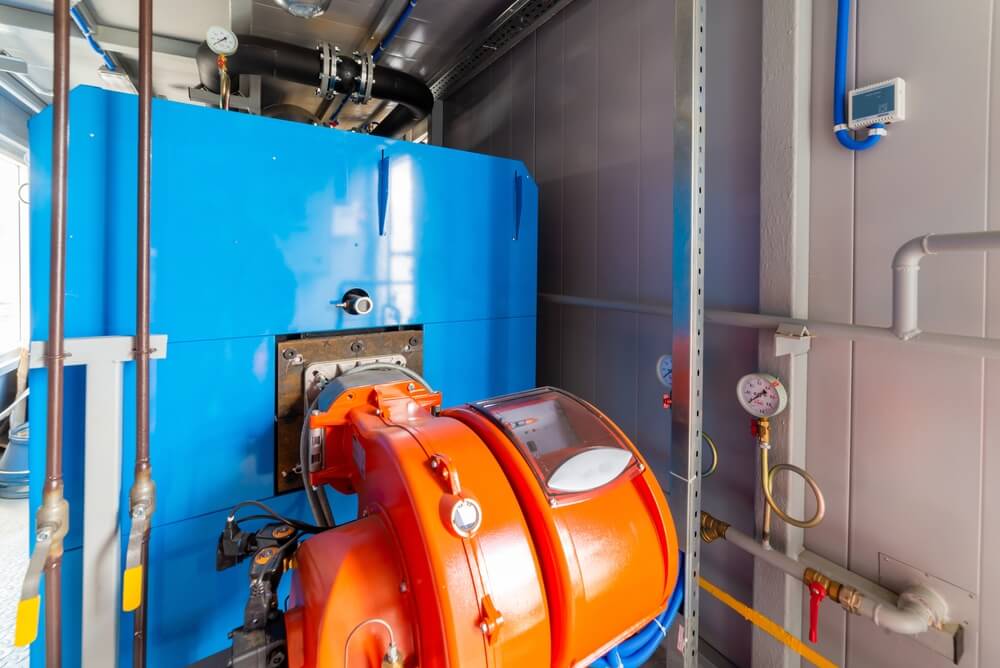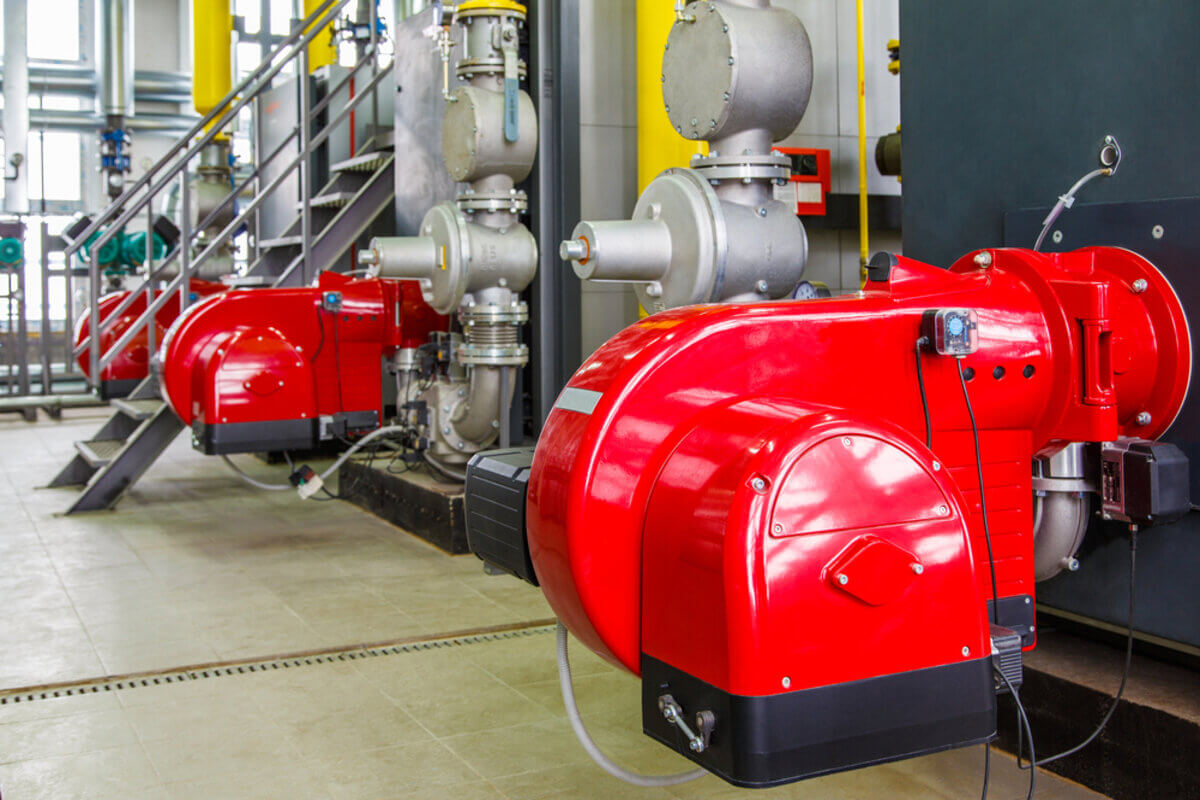Industrial burners play a crucial role in a wide range of industries, providing controlled combustion for heating, melting, manufacturing, and steam production. As manufacturing processes become more advanced and efficient, the demand for high-performance industrial burners continues to grow. In this article, we will delve into the functions, applications, and advancements in industrial burner technology. We will also explore the different types of burners and their industry-specific uses.
Understanding Industrial Burners in Various Industries
Industrial burners play a pivotal role in optimizing operational efficiency and maintaining consistent manufacturing processes across a wide range of industries. These mechanical marvels are instrumental in achieving precise control over combustion, a fundamental aspect of heating systems, boilers, and furnaces. Industries spanning from automotive, major appliances, food and beverage, petrochemical, and power, to chemical sectors rely on industrial burners to generate the required heat for various production processes.
Their ability to regulate temperature ensures product quality and process consistency, contributing to cost-effectiveness and environmental sustainability. As technology continues to advance, industrial burners are evolving to meet stringent emissions standards, further enhancing their significance in modern industrial operations.
How Industrial Burners Work
Inside an industrial burner, several processes take place to achieve controlled industrial combustion systems. Fuel is injected into the system using a burner tip, where it mixes with oxygen to produce a specific flame and heat-release pattern. This flame and heat can be controlled within the combustion chamber, making industrial burners suitable for a wide range of applications.
Industry Applications of Industrial Burners
Industrial burners are used in a variety of applications across different industries. They are primarily employed for heating purposes, such as providing heat to boiler systems, welding, heating liquids/fluids, creating chemical reactions, melting metals, recycling, and glass blowing.
The versatility of industrial burners allows for temperature control and precise heat distribution, making them indispensable in industrial processes.
Types of Industrial Burners
 There are several types of industrial burners, each designed for specific applications. The most commonly used types include cold air burners, hot air burners, regenerative burners, and oxy-fuel burners. Cold air burners are typically found in residential devices like gas ranges and furnaces, while hot air burners preheat incoming air using a central heat exchanger device.
There are several types of industrial burners, each designed for specific applications. The most commonly used types include cold air burners, hot air burners, regenerative burners, and oxy-fuel burners. Cold air burners are typically found in residential devices like gas ranges and furnaces, while hot air burners preheat incoming air using a central heat exchanger device.
Regenerative burners alternate between firing and exhausting, preheating a regenerative heat exchanger box to create hotter preheated air. Oxy-fuel burners, on the other hand, use pure oxygen to burn with fuel instead of combustion air. Each type of burner offers unique benefits and is suitable for specific industrial processes.
Advancements in Industrial Burner Technology
Recent technological advancements have significantly enhanced the functionality of industrial burners. These advancements aim to mitigate the negative aspects of individual burner types, reduce environmental impacts, meet industry safety and energy requirements, improve cleaning and maintenance processes, and increase production levels. By upgrading to advanced industrial burner systems, manufacturers can improve efficiency, reduce fuel consumption, and optimize their production processes.
Benefits and Drawbacks of Industrial Burners
Industrial burners offer numerous benefits in terms of rapid heat production, energy efficiency, and precise temperature control. They allow for the overarching control of heat levels and production, making them suitable for a wide range of applications. Another advantage of industrial burners is their low maintenance requirements. However, it is important to consider the potential drawbacks, such as the high cost of repairs and the need for careful planning to avoid significant budget or production time disruptions.
Selecting the Right Industrial Burner
Selecting the right industrial burner for a facility’s specific needs is crucial for optimal performance and efficiency. Factors to consider when choosing an industrial burner include capacity, turndown performance, flame geometry, temperature requirements, mounting options, and ignition methods. It is essential to understand the key differences between burner types and their suitability for different processes. Working with a professional process equipment manufacturer or provider can help in selecting the best industrial burner for a facility’s needs.
Upgrading Industrial Burner Systems
There are several reasons to consider upgrading an existing industrial burner system. Increased productivity, reduced fuel consumption and emissions, improved machinery reliability, and reduced maintenance costs are some of the key considerations. By installing efficient and advanced industrial burner systems, manufacturers can maximize production levels, improve energy efficiency, and optimize their bottom line. Upgrading to the right industrial burner is a long-lasting investment that can have a significant impact on a facility’s operations.
Unpacking the Role of Industrial Burners
Industrial burners play a vital role in various industries, providing controlled combustion for heating, melting, manufacturing, and steam production. Their versatility, efficiency, and precise temperature control make them indispensable components in manufacturing processes. By understanding the functions, applications, and advancements in industrial burner technology, manufacturers can make informed decisions in selecting and upgrading their burner systems. Investing in advanced and efficient industrial burners can lead to increased productivity, reduced fuel consumption, and improved overall performance in industrial operations. Contact Lindberg Process Equipment today to learn more about industrial burners for your industry.





